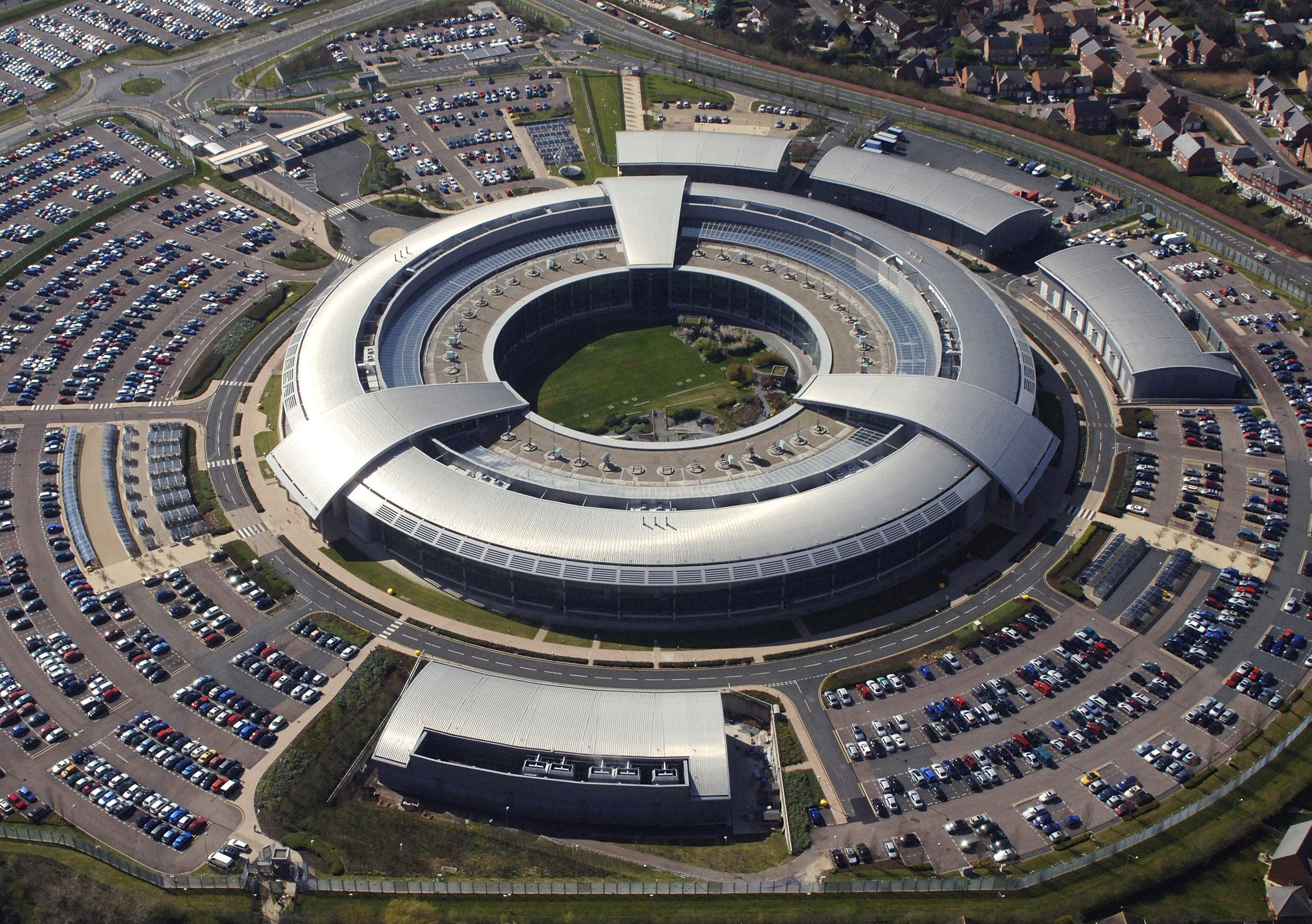UK branded an 'Enemy of the Internet' for the first time by Reporters Without Borders
British spy agency GCHQ 'gathers an unprecedented quantity of information including data on British and foreign citizens'

For the first time the UK has been included on Reporters Without Borders’ ‘Enemies of the Internet’, an annual list produced by the press watchdog to draw attention to countries disrupting freedom of information through censorship and surveillance.
The USA also made the list for the first time, alongside stalwarts including North Korea, China, and Iran.
The entry for the UK leads with a quotation from ex-NSA contractor Edward Snowden that the UK is “worse than the U.S.” before outlining various “widespread surveillance practices” run by GCHQ as part of its project “Mastering the Internet”.
“Supported by the NSA and with the prospect of sharing data, the British agency brushed aside all legal obstacles and embarked on mass surveillance of nearly a quarter of the world’s communications,” says the report.
Reporters Without Borders say that the UK possesses a “geographically advantageous position” as the landing point for many of the submarine cables that criss-cross the globe and form the “backbone” of the internet.
“The best-known is at Bude in Cornwall, which host seven cables including Apollo North which links the UK and the United States, and more particularly TAT-14, which connects the United States and Europe. The latter showed up in one of the U.S. diplomatic cables disclosed by WikiLeaks in a list of “essential resources”."
The report says that by tapping hardware such as this GCHQ “gathers an unprecedented quantity of information including data on British and foreign citizens whose exchanges have transited, for example, via servers based in the United States.”
The report also accuses the UK government of “confusing journalism and terrorism” when The Guardian newspaper was pressured by Whitehall “to suppress the scandal of the GCHQ wiretaps” and through the “wrongful arrest” of David Miranda, the partner of former Guardian writer Glenn Greenwald.
The report notes that it is not the governments in question that are necessarily “Enemies of the Internet” but the spy agencies whose surveillance tactics the governments license.
“The mass surveillance methods employed in these three countries [the UK, the US and India – another new addition to the list] are all the more intolerable because they will be used and indeed are already being used by authoritarians countries such as Iran, China, Turkmenistan, Saudi Arabia and Bahrain to justify their own violations of freedom of information.
“How will so-called democratic countries will able to press for the protection of journalists if they adopt they very practices they are criticizing authoritarian regimes for?”
Click here to read the report from Reporters Without Borders in full
Join our commenting forum
Join thought-provoking conversations, follow other Independent readers and see their replies
Comments